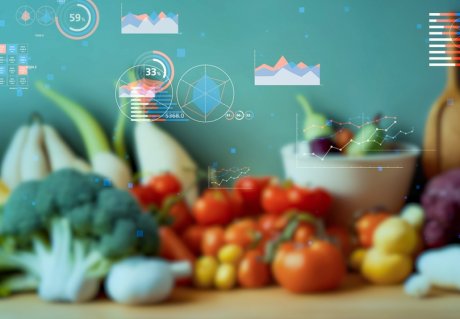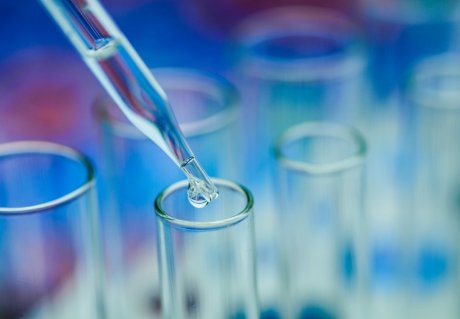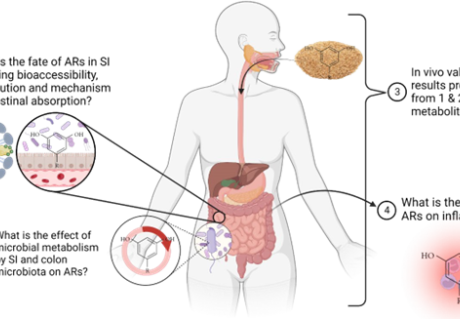
Kinetics and metabolism of nutrients and other food components
Understanding the fate of nutritional components in the body is crucial because processes such as their release from the nutritional matrix, digestion and absorption, distribution, metabolism, and excretion are key determinants of their biological effects. Moreover, insight into these processes can help identify new biomarkers for dietary exposure and aid in detecting and preventing nutritional deficiencies.
Research topics
Nutritional biomarker development & application
In this theme, we develop state-of-the-art bio-analytical research methods (e.g. LC-MS/MS, LC-HRMS) to quantify nutrients, their metabolites and other dietary components in human blood and urine. These methods are used in different settings to improve our understanding of the relation between nutrient intake and health effects, and to identify novel biomarkers of dietary exposure. Our research entails a.o. the metabolism of n-3 fatty acids and biomarkers of exposure to non-nutritive sweeteners. Moreover, new biomarkers of exposure to alternative protein sources are investigated, and we work on the development of personalized dietary advice tools to improve micronutrient intake in clinical practice.
Protein digestion and absorption
This research theme addresses the fate of dietary proteins in the body with a focus on digestion, absorption in the gastrointestinal tract. We focus on assessing protein digestibility using oro-ileal amino acid disappearance measurement in both humans or pigs (as model for humans), post-prandial amino acid appearance or stable isotope-related techniques in humans. These techniques are applied for the evaluation of protein quality of foods or studying physiological changes in individuals, e.g. older adults are suspected to have poor digestion of proteins. Our insights will aid the selection of protein sources for the general population or vulnerable populations (e.g. older adults) that are at risk for protein malnutrition.
Nutrimetabolomics
Nutrimetabolomics is a subfield of metabolomics that focuses on understanding the interplay between nutrition and metabolism at a molecular level. It involves the comprehensive study of metabolites related to dietary intake and their effects on metabolic pathways, providing insights into how nutrients influence health and disease states. We investigate role of the gut microbiome exploring gut microbial metabolites and the modulation of endogenous metabolites. To tackle this research line, we rely on Mass Spectrometry developing targeted and untargeted metabolomics methods to uncover the contributions of diet and microbial activity to intestinal homeostasis and overall heath.








